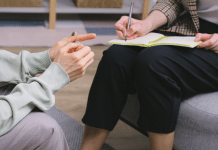Surviving Postpartum & Helping Others Do The Same :: One Mom’s Story
If you would have told me over a year ago about what I was going to experience after the birth of my first child, I would have told you: but I did everything to prevent it. I thought I had. I was seeing a therapist routinely, listening to all of the podcasts, reading the articles; becoming informed on what postpartum depression, postpartum anxiety, or baby blues looked like. I thought I was prepared.
In October of 2023, I gave birth to my daughter, Lillian. From within the first few hours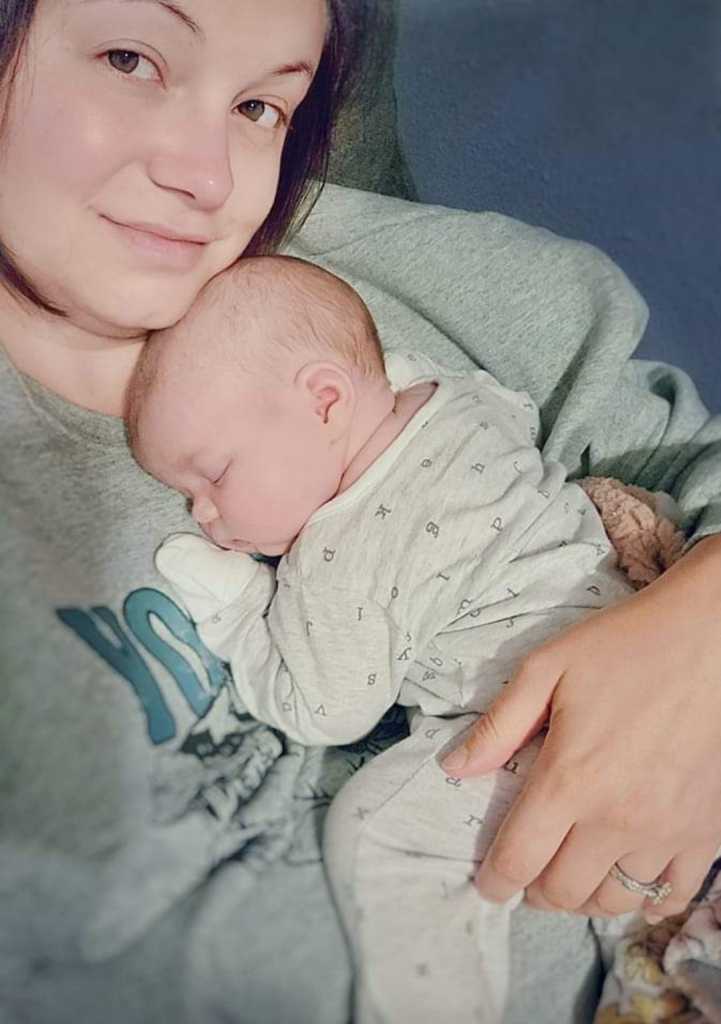 after birth, it felt like my body was shutting down on me. I remember feeling like a shell of a human being wheeled down the hall after 24 hours of no sleep, a terrible tear, a reinsertion of a catheter with no epidural, and of course, birthing a small human. It wasn’t even that serious of a birth, what was going on with my body?
after birth, it felt like my body was shutting down on me. I remember feeling like a shell of a human being wheeled down the hall after 24 hours of no sleep, a terrible tear, a reinsertion of a catheter with no epidural, and of course, birthing a small human. It wasn’t even that serious of a birth, what was going on with my body?
The first few days in the hospital, I had no appetite. I forced myself to eat. I thought this was normal after all of the medications. However, not having an appetite has almost never been part of my personality. Within the first few days of postpartum, PPA/PPD was slowly setting in. I would wake up with heightened anxiety, lacking sleep, forcing myself to eat, couldn’t stand not being home, aggravated, mad and anxious all of the time. About 6 weeks in, with no relief or answers from my symptoms, the time was up; time to return to work.
On the first day back, my body immediately went into hyper-stress mode. Nausea,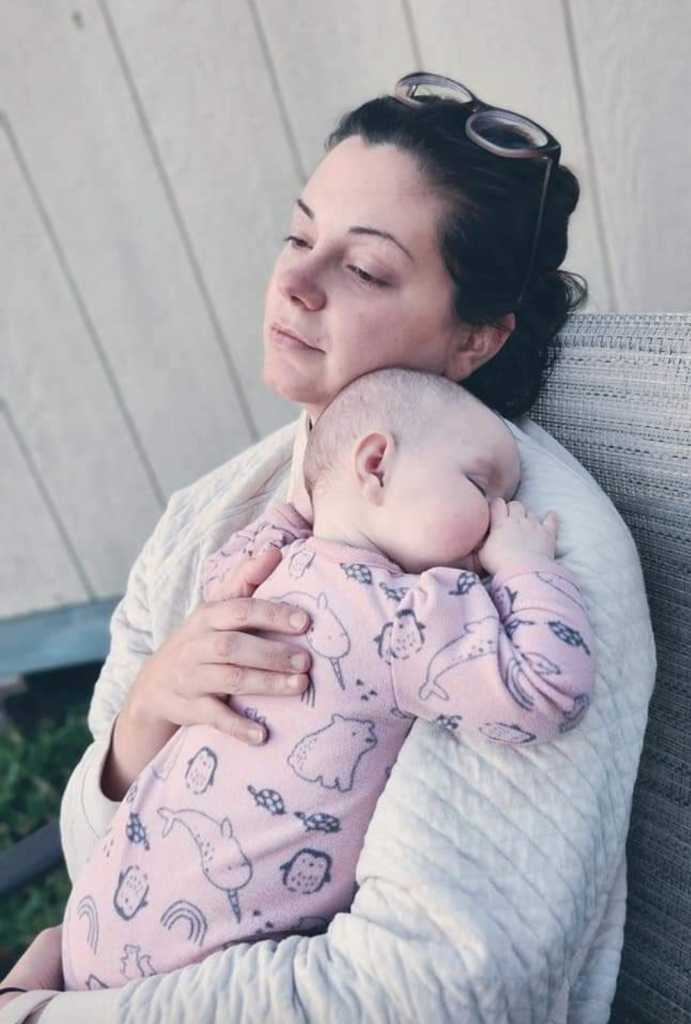 vomiting, disassociation, crying, and generally being unable to function. I had to leave work early. Day 2, I fought through it, went in my car and tried to sleep it away during my break. Finally, I’d come home, sleep as much of the day away as possible. Day 3, I called my gynecologist and told her I was having suicidal thoughts. I was admitted to the hospital and was unable to leave until I spoke with a psychiatrist. The psychiatrist reviewed my symptoms, prescribed me medication, scheduled a follow-up and sent me home. After that, I decided to take a family medical leave (FMLA) from work until I was stabilized. I relied heavily on my mother, husband and friends to help me; in which I resented myself for needing.
vomiting, disassociation, crying, and generally being unable to function. I had to leave work early. Day 2, I fought through it, went in my car and tried to sleep it away during my break. Finally, I’d come home, sleep as much of the day away as possible. Day 3, I called my gynecologist and told her I was having suicidal thoughts. I was admitted to the hospital and was unable to leave until I spoke with a psychiatrist. The psychiatrist reviewed my symptoms, prescribed me medication, scheduled a follow-up and sent me home. After that, I decided to take a family medical leave (FMLA) from work until I was stabilized. I relied heavily on my mother, husband and friends to help me; in which I resented myself for needing.
I tried so many different medications with minimal relief, requested numerous labs from numerous doctors; primary, OBGYN, endocrinologist. My labs came back, “normal.” What 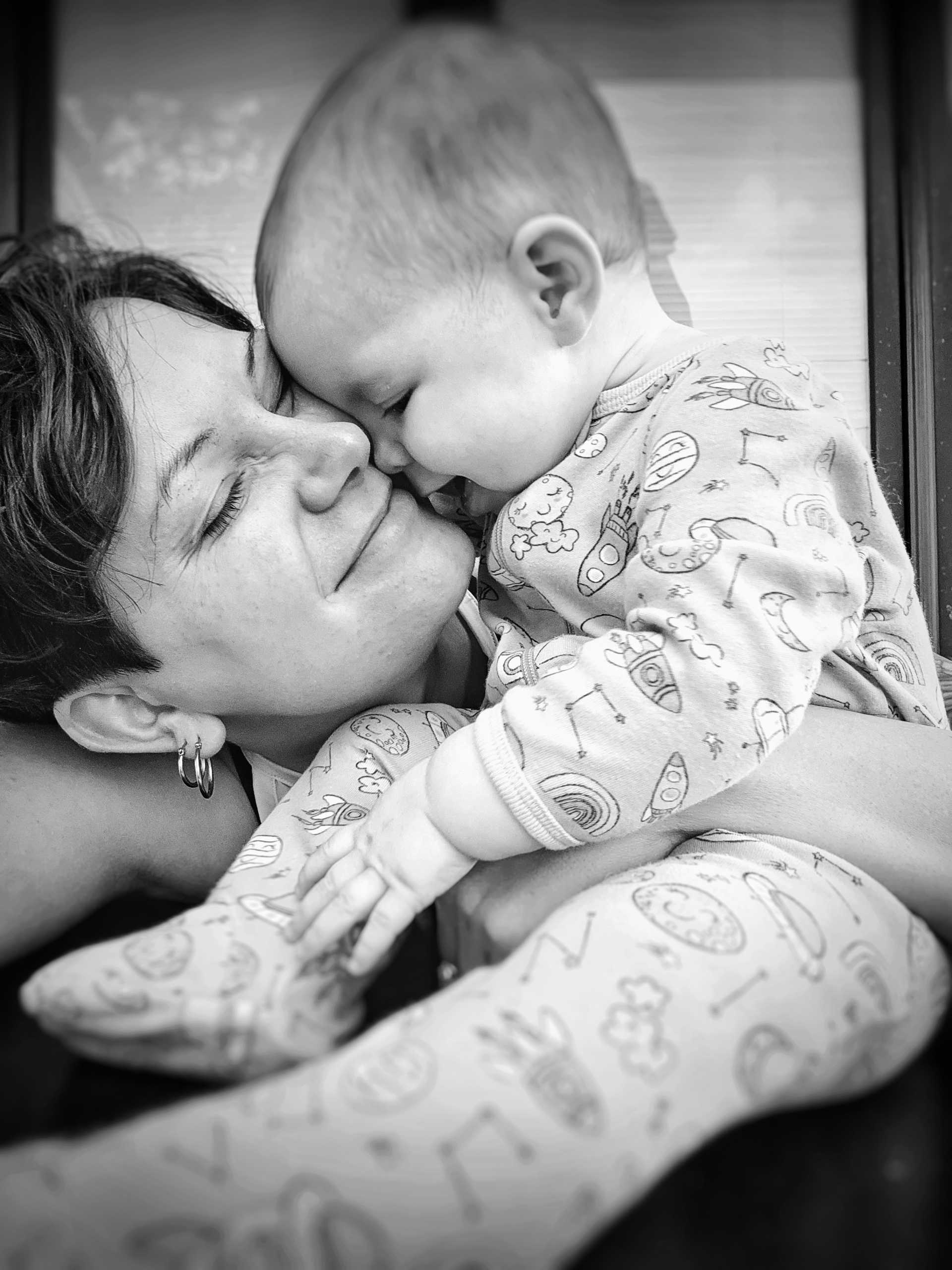 now? I felt hopeless. Insane. What had hijacked my body? Day after day, I would wake up extremely nauseous, vomit, struggle with an appetite, force myself to eat, and stress about not being there enough for my daughter and family. Trying to feel relatively sane again in the evenings, and anticipate the never-ending cycle of debilitating symptoms that would inevitably begin again in the morning. I paid out of pocket for psychiatrist visits, even went into an in-patient program for five weeks to help with therapy and medication. Most of the medications that “worked so easily,” for everyone else, kept failing me. They would make my symptoms worse and have terrible side effects.
now? I felt hopeless. Insane. What had hijacked my body? Day after day, I would wake up extremely nauseous, vomit, struggle with an appetite, force myself to eat, and stress about not being there enough for my daughter and family. Trying to feel relatively sane again in the evenings, and anticipate the never-ending cycle of debilitating symptoms that would inevitably begin again in the morning. I paid out of pocket for psychiatrist visits, even went into an in-patient program for five weeks to help with therapy and medication. Most of the medications that “worked so easily,” for everyone else, kept failing me. They would make my symptoms worse and have terrible side effects.
Postpartum Support International helped me find a psychiatrist that I needed to help me get care that I needed. Although they weren’t covered by insurance, I was so desperate that it didn’t matter. The agent assigned to my location was always helpful. There were many evenings I would chat with someone associated with PSI to help me through the night. After talking with various people with PSI, I started to feel two things: relieved that I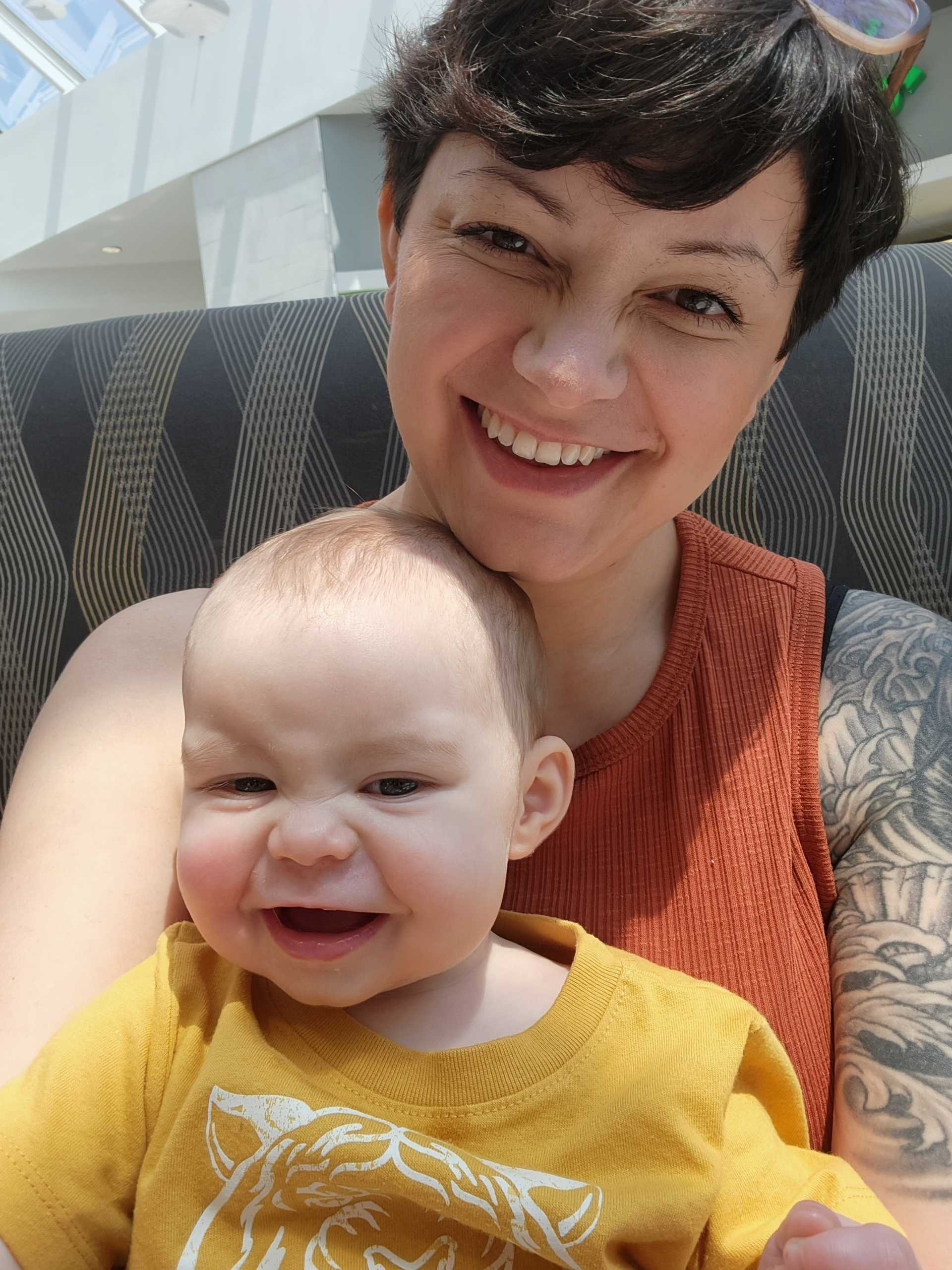 wasn’t alone in this fight, but yet, angry and furious that it is so silent and so underfunded. I am nearing one year postpartum and am still fighting to find the right medication, going to therapy, seeing a psychiatrist, and learning how to love my body. I started looking into the Climb Out of the Darkness event last May, when I was feeling somewhat like myself. Our community, city, state, and country, needs to support mothers through all the parts of pregnancy; especially postpartum. There needs to be more awareness about symptoms, more access to affordable healthcare, routine access to specialized psychiatric screenings, and local postpartum support groups. I decided to lead a climb because I want others to know I am fighting alongside them. We are wading the thick waters together, in hopes to reach the turning point we all hope for and deserve.
wasn’t alone in this fight, but yet, angry and furious that it is so silent and so underfunded. I am nearing one year postpartum and am still fighting to find the right medication, going to therapy, seeing a psychiatrist, and learning how to love my body. I started looking into the Climb Out of the Darkness event last May, when I was feeling somewhat like myself. Our community, city, state, and country, needs to support mothers through all the parts of pregnancy; especially postpartum. There needs to be more awareness about symptoms, more access to affordable healthcare, routine access to specialized psychiatric screenings, and local postpartum support groups. I decided to lead a climb because I want others to know I am fighting alongside them. We are wading the thick waters together, in hopes to reach the turning point we all hope for and deserve.














